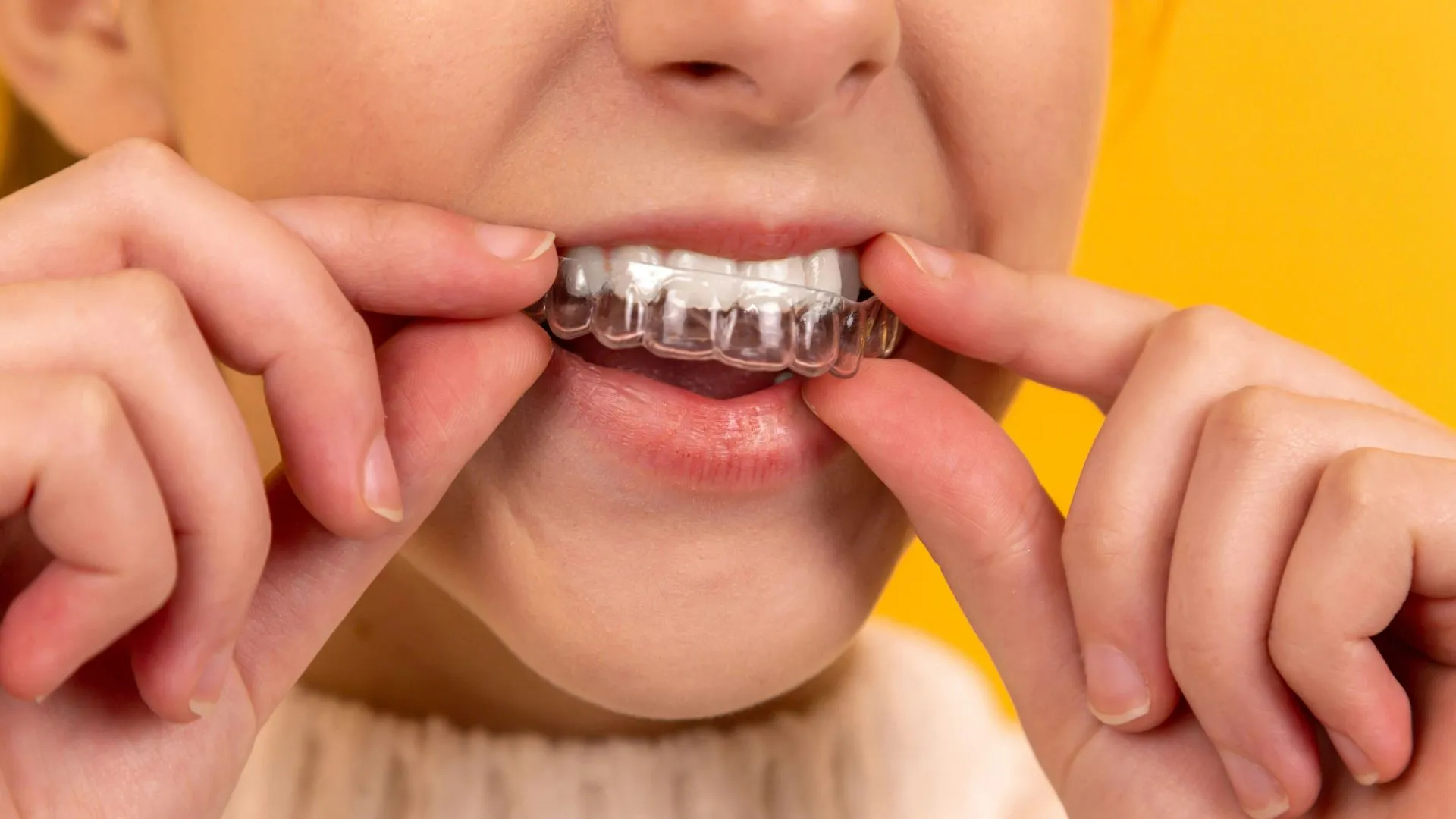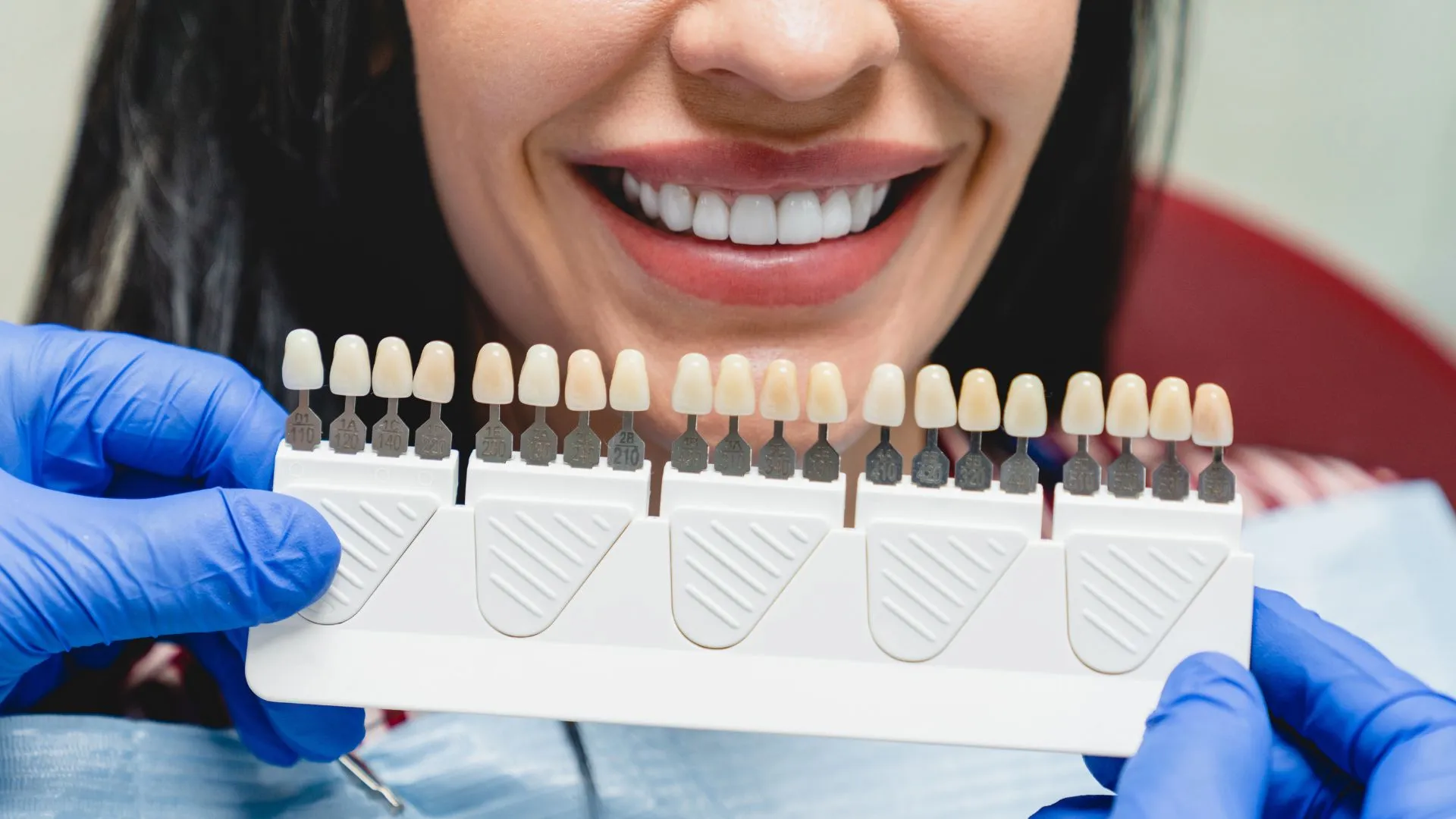Americans have some of the best dental care in the world, with more and more people able to get orthodontic care and whiter teeth every day. But whiter enamel doesn’t necessarily mean that underlying structures are healthy. More than 90%…
Americans have some of the best dental care in the world, with more and more people able to get orthodontic care and whiter teeth every day. But whiter enamel doesn’t necessarily mean that underlying structures are healthy. More than 90% of American adults have had some form of tooth decay according to a 2011 CDC report.
While decay can be fixed with dental fillings, repetitious decay can wear down the tooth structure enough that extraction may be the only option. So the question is, why do so many Americans have decay? One big answer is diet. While there are growing concerns about how our sugar-riddled diets are expanding our waistlines, these foods and beverages also greatly affect our teeth.
A recent post on the ASDA blog says that some cities are trying to fix these health issues with taxes:
Sugar taxes sweep the ballot
How do sugar taxes work?
Sugar taxes raise the price of SSBs. The local government then collects that money to put toward public services, infrastructure improvements and other city costs. A city with a $0.01 sugar tax will see the price of a two-liter bottle of soda increase by about $0.68 and a six-pack of canned soda increase by $0.72. These taxes do not usually apply to milk, 100% juice, baby formula, alcohol, or medical beverages.
Do sugar taxes affect health?
A 2016 study published in The BMJ found that following the implementation of a 2014 SSB tax in Mexico, purchases of taxed beverages decreased while purchases of untaxed beverages increased. A 2016 study published in the Journal of Dental Research also indicated that SSB taxation could reduce caries rates and dental treatment costs. Furthermore, a 2015 study in the Journal of Dental Research notes that while dentistry has focused on increasing oral hygiene and prevention services, recent findings suggest that efforts to decreasing sugar intake to reduce caries should also be increased.
What can dental students do about sugar taxes?
If you live in or attend school in an area with sugar taxes, you can talk to your patients about what they mean. Patients often need help feeling motivated to take action towards improving their oral health and dietary habits. Talking with patients about how they can save money and improve their oral health by drinking tap water instead of soda is a great motivating factor! Informing patients about the true cost of soda may be just the push they need to break their soda-drinking habit.

These are minimal tax increases, but they can add up over time for the sugarholic. On the bright side, these costs may spur people to finally adjust their habits. On the downside, no one wants to be micromanaged about their lifestyle choices.
While this blog post cites many sources about these taxes working, there are many counter-studies that illustrate the opposite. Dan Mitchell at Fortune says that state-wide soda taxes, like in Ohio, actually didn’t help people with their health issues. If a soda tax isn’t a good option, the next step may be better nutritional education.
For example, 123 Dentist had a recent blog post about what kinds of holiday drinks cause decay and tooth discoloration:
7 Yellowing Drinks to Avoid this Holiday Season
Fruit juices
Fruit juices, especially berry or citrus fruit juices, are full of acids and sugars. This is a dangerous combination for teeth as the acids break down the outer layer of teeth, exposing the vulnerable dentin, and sugars offer a breeding ground for bacteria that can attack the inner part of the tooth and cause cavities. The yellowing effect can come from both a buildup of bacteria, plaque, and tartar and the exposed inner layer of teeth. If you’re looking for hydration, water is the best and healthiest way to quench your thirst.
Carbonated drinks
Any beverage with carbonation is acidic. This is because the bubbles of carbonation are actually carbon dioxide and when you drink it, the gas goes through a chemical reaction in your mouth which turns it into an acid. This acid, again, is very harmful to the tooth enamel as it weakens it, makes the tooth more vulnerable, and exposes its yellow inner layers. Pops and carbonated juices with sugar are especially destructive as the sugar promotes the growth of bacteria as well as exposing your teeth to acids. Favor non-carbonated drinks as you enjoy your holiday season and you won’t have to worry about yellowing teeth in the new year.
Obviously, people know that soda is “bad,” but do they know why? If they understand that these kinds of sugary drinks expose their enamel to acids, they may be keener to look for alternatives. Instead of placing soda taxes on people, we need to educate them on healthier alternatives so that the choice is still in their hands.



